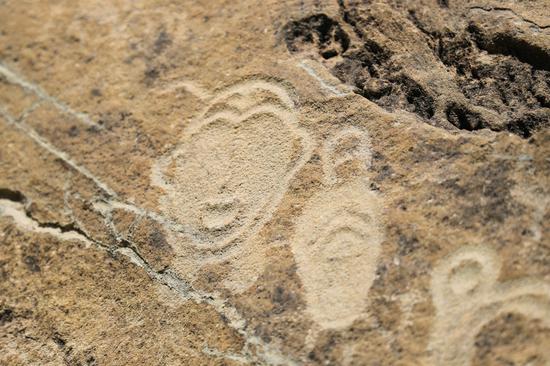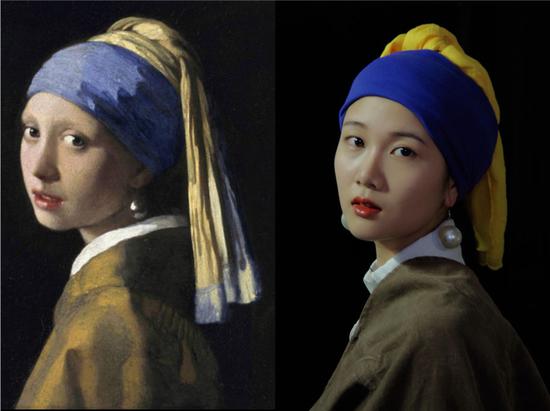Science has already proved that sunny days can lead to sunny dispositions, helping improve a person's mood, intelligence and memory-and researchers in East China have now shed light on why.
A team at the University of Science and Technology of China in Hefei, Anhui province, discovered that ultraviolet light-an element of sunshine-activates a change in the brain that can make us smarter.
Tests on mice showed that moderate exposure to UV light enhances perception and learning, according to Xiong Wei, a professor at the university's School of Life Sciences who co-led the study.
Mice were exposed to 50 milijoules per square centimeter of UV, he said, which is equal to 20 to 30 minutes of ambient midday sun in Florida in summer.
The mice that received the light needed just four rounds of training to complete a rotarod test, a standard tool used to evaluate the motor skills of a rodent. Those not exposed to UV required six rounds of training to complete the same test.
Using single-cell mass spectrometry, an extremely sensitive and specific analytical technique, scientists found that a metabolic pathway in the brain was involved.
Exposure to UV increases blood urocanic acid, which is largely found in the skin and acts as a natural sunscreen. However, tests showed that the acid also reacts with brain cells to boost levels of glutamate, a neurotransmitter involved in cognitive functions such as learning and memory.
Xiong said previous research had found that urocanic acid was converted to glutamate in the liver, but this is the first time it has been demonstrated that the synthesis process can happen in the brain-a finding that surprised the team.
"Our research originated from an unexpected finding about three years ago, when we were researching small molecules in nerve cells," Xiong said. "We detected urocanic acid in nerve cells in the brain. This substance is found predominantly in the outermost layer of the skin, and in sweat and urine. So we wanted to know where the acid in the brain comes from and what role it plays."
The team's ultimate goal is to work on molecule-related mechanisms of neurodegenerative disorders such as Alzheimer's disease and Parkinson's disease.
"To diagnose the diseases in their early stages, which has been very hard, we wanted to find some small molecules that could serve as biomarkers," Xiong said.
He said the research team also includes chemists and materials scientists.
The team's findings were published this month in Cell, an international science journal.


















































